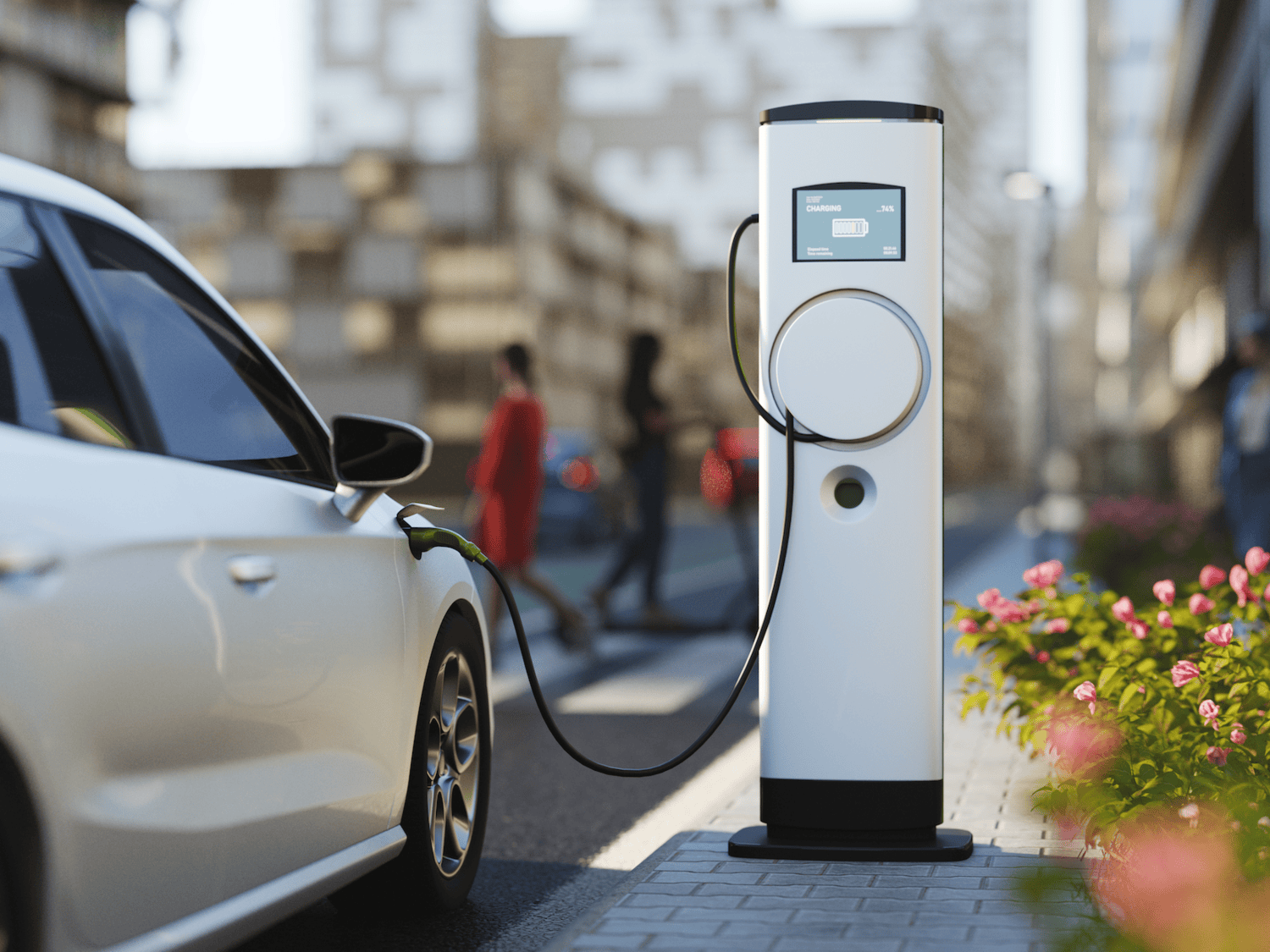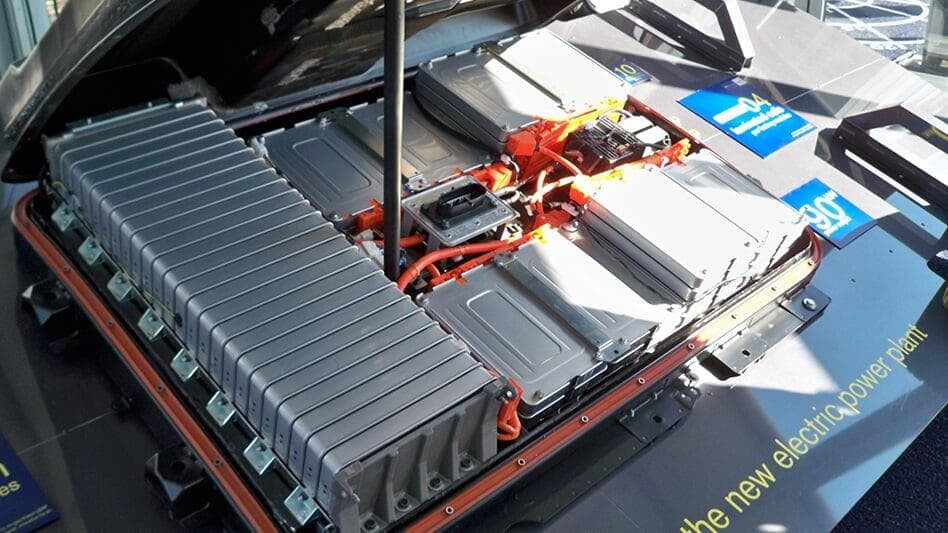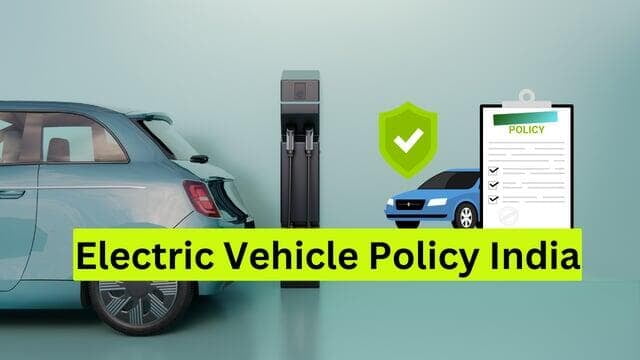Why Exhibit
Manufacturers, Entrepreneurs and Startups will showcase a comprehensive range of products and the latest state-of-the-art technologies of the entire value chain at the EV & Battery Expo. This is the largest and ideal forum for exhibitors to interact with end-users, decision-makers, consultants & industry experts from across the globe.
Electric Vehicle (EV) Sector in India
Electric Vehicle (EV) Sector in India
- India's electric vehicle sector is experiencing significant growth and transformation, driven by several factors:
- Government Initiatives: The Indian government has introduced various policies and incentives to promote electric mobility, including the Faster Adoption and Manufacturing of Electric Vehicles (FAME) scheme, which offers subsidies for electric vehicles and charging infrastructure.
- Environmental Concerns: With increasing concerns about air pollution and climate change, there is a growing emphasis on adopting cleaner and more sustainable transportation solutions, making electric vehicles an attractive option.

- Technological Advancements: Advances in battery technology, cost reductions, and improvements in charging infrastructure are making electric vehicles more accessible and practical for consumers.
- Market Demand: Rising fuel prices, along with the desire for reduced operating costs and lower emissions, are driving consumer interest in electric vehicles across various segments, including two-wheelers, three-wheelers, and passenger cars.
Investment Outlook
Investment Outlook
The investment outlook for the electric vehicle sector in India is promising, with numerous opportunities across the value chain:

Manufacturing: There is a growing demand for investments in EV manufacturing facilities, including battery manufacturing plants, vehicle assembly units, and component manufacturing facilities. Domestic production of electric vehicles and components can help reduce costs and drive adoption.

Charging Infrastructure: Investments in charging infrastructure are essential to support the widespread adoption of electric vehicles. This includes investments in public charging stations, home charging solutions, and fast-charging networks along highways and major thoroughfares.

Battery Technology: Battery technology is a key enabler of electric mobility. Investments in research and development of advanced battery chemistries, materials, and manufacturing processes can drive innovation, improve performance, and reduce costs.

Ride-Hailing and Shared Mobility: The rise of ride-hailing platforms and shared mobility services presents opportunities for investments in electric fleet operators, vehicle leasing companies, and mobility-as-a-service (MaaS) platforms focused on electric vehicles.

Policy Support: Investors should closely monitor government policies and regulations related to electric vehicles, as they can significantly impact the investment landscape. Continued support through incentives, subsidies, and favorable regulations can incentivize investment and accelerate market growth.

Partnerships and Collaborations: Collaborations between government agencies, industry players, research institutions, and technology partners can facilitate knowledge sharing, technology transfer, and ecosystem development, creating synergies and driving innovation in the electric vehicle sector.



